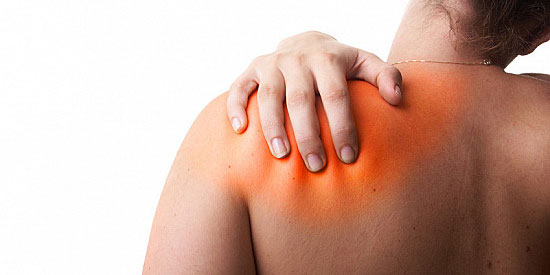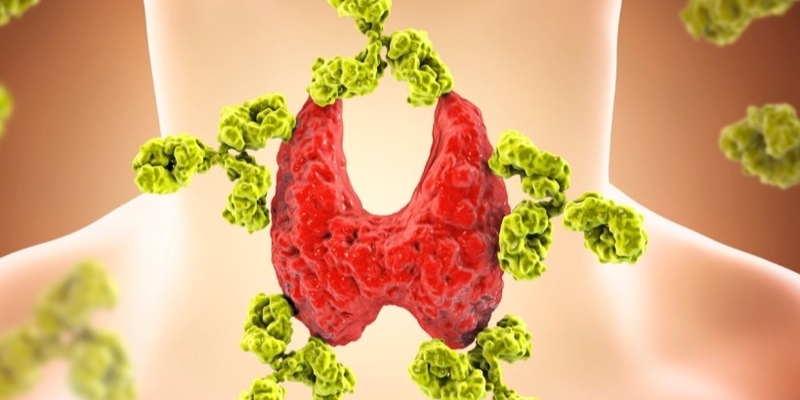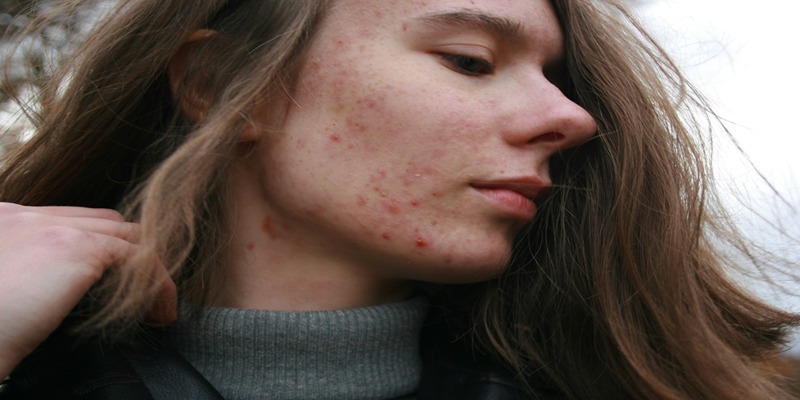Protein is one of the macronutrients that are crucial in the bodys health and performance of its tasks. It is involved in the construction of tissues and also in the repair process of tissues such as the skin. Deficiency of proteins results in different skin disorder that has an impact on the skin surface, quality of skin, and its capacity to recover. It is crucial to understand how protein deficiency is related to skin problems to be able to prevent or treat them and achieve beautiful skin. This article also focuses on the causes and signs of protein deficiency, the importance of protein in skin and skin diseases associated with protein deficiency.

Understanding Protein Deficiency
This is a condition where the body fails to consume enough protein or the consumed protein is not enough to cater for the body requirements. This can be because of low nutrient intake, low nutrient assimilation, or high protein needs during development, sickness, or exercise. Some of the signs associated with protein deficiency include; muscle atrophy, fatigue, hair loss, and a compromised immune system. In severe cases it can cause a disease called kwashiorkor which is characterized by swelling, fatty liver and severe emaciation. Protein plays an essential role in many processes in the body such as acting as enzymes, immune system function, and in the health of skin, hair and nails. Protein is one of the most important macronutrients that must be taken in adequate amounts for the body to function properly.
Role of Protein in Skin Health
Protein is essential for skin health and it is recommended that one should consume protein rich foods. Also, proteins are involved in synthesis of keratin that is the outer layer of the skin that protects it. Protein intake helps the skin to heal from injuries and avoid getting infected due to the fact that protein is highly involved in the repair of tissues. Protein also assists in the maintenance of skin moisture by contributing to the structure and integrity of the skins outer layer, which reduces dryness and the formation of flakes.
Common Skin Problems Due to Protein Deficiency
Dry and Flaky Skin
When there is a deficiency of protein, it results in dry and scaly skin since protein is very essential in maintaining skin integrity. Structural proteins such as keratin provide the outer layer of the skin, thus acting as a barrier against water and the external environment. If the body does not get the required amount of protein, this barrier becomes weakened and there is increased TSW. This leads to skin becoming dry, rough and develop scales on the surface of the skin. Also, when there is low protein, it hinders the formation of natural moisturizers on the skin surface making the skin dry. This results in the skin becoming tight and itchy and hence easily irritated and affected by the environmental factors. Protein intake should be sufficient to support skin barrier integrity; this will help in keeping the skin moist, smooth and not easily develop flakes. The essential nutrients for skin health and to avoid dry skin are proteins which can be obtained from lean meats, fish, eggs, legumes, and dairy products. Water and nutrition are critical to skin health and should be consumed in adequate amounts to support skin health.
Slow Wound Healing
Since protein is the building block of the body, it is important in cell regeneration and tissue repair hence important in the wound healing process. When the body is low in protein, the formation of new cells and tissues is affected hence the slow rate of wound healing. This can result in open wounds which may take longer to heal and re-open after infection and formation of scar. There are proteins such as collagen that are crucial in the creation of the framework of the tissue in the healing process. If there is no enough protein, the body cannot synthesize collagen, and therefore, wound healing is affected. Protein intake in adequate amounts is helpful in the process of healing of cuts, scrapes, and other skin related injuries at a faster pace.

Increased Wrinkles and Fine Lines
Lack of protein can lead to early signs of aging such as wrinkles and fine lines since protein plays a critical role in the synthesis of crucial muscles and some compounds. Lack of sufficient protein in the body affects the skins capacity to produce and retain these proteins, which in turn causes the skin to become loose and saggy. This leads to the formation of wrinkles and fine lines and the skin begins to sag making the individual look old. Protein is essential in maintaining the skins collagen and elastin components, for a healthy and firm skin. The early aging can therefore be prevented by taking foods that are rich in protein.
Skin Infections and Irritations
Lack of proteins can also affect the skins integrity and thus it becomes prone to infections and irritation. Proteins are critical in the skins barrier function which is responsible for the exclusion of pathogens and other aggressive agents. A compromised barrier lets bacteria, viruses, and fungi get into the skin and cause infections. Further, the skin becomes sensitive and vulnerable to irritation from the environment such as pollution and weather conditions. Protein is essential for the immune system of the skin and its ability to repair itself when injured or infected, and thus, a proper amount of protein intake will help to keep skin healthy.
Conclusion
Deficiency of protein can also affect the skin in many ways including dryness of skin, slow healing, increased wrinkles and high risk of infection. Protein is also important in the skin and proper intake of protein through diet is important for proper skin health and complexion. Increase the intake of protein and choose individual foods that are beneficial for the skins structure and function. Protein deficiency is another factor that you can improve in order to improve skins health and make it look young and healthy, capable of withstanding all the harshness of the outside world. Protein should be given a higher priority if you want to have a healthy skin as well as a healthy body.












